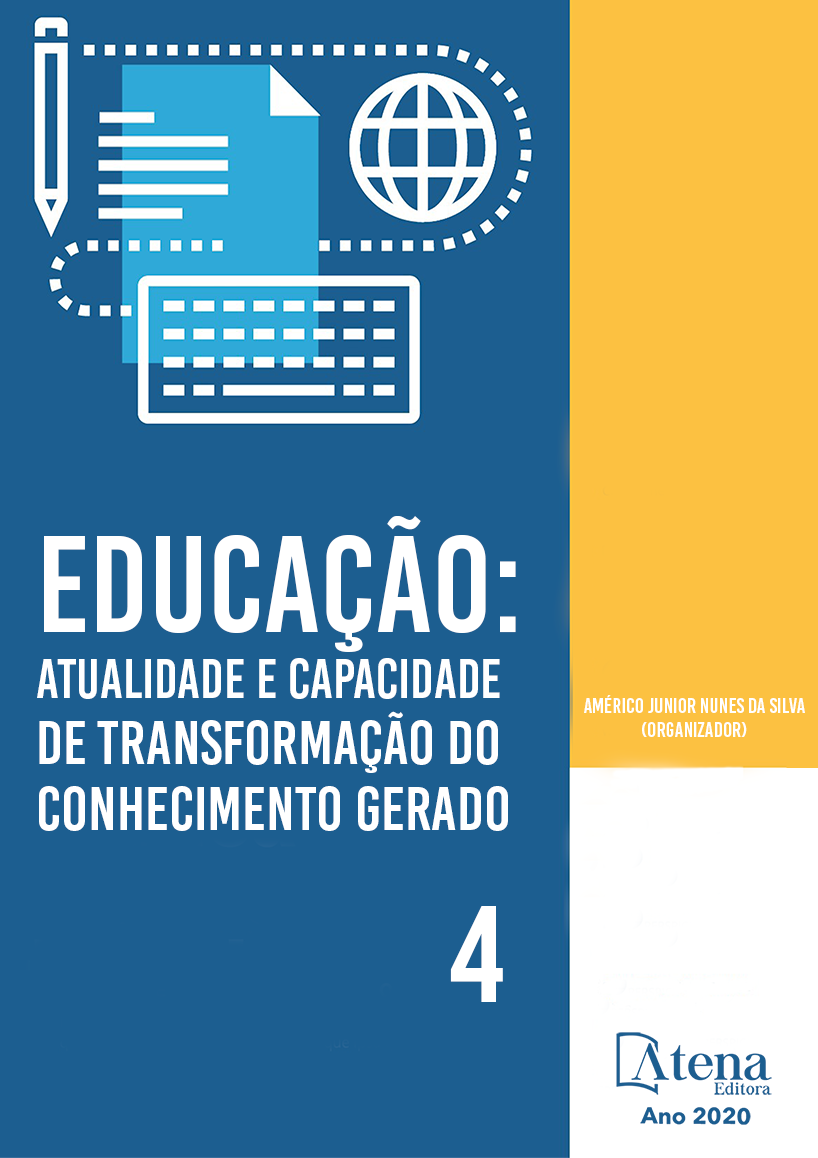
O cuidador escolar no sistema educacional inclusivo
A implementação da política educacional inclusiva exige dos sistemas de ensino e, consequentemente, das escolas, o atendimento às necessidades educacionais específicas de todos os alunos, inclusive dos que apresentam severos comprometimentos motores, sensoriais, físicos, comportamentais e/ou intelectuais. Assim, torna-se imprescindível a realização de adequações nas escolas para garantir não só a matrícula desse grupo específico de alunos como, também, condições efetivas de participação e aprendizagem em seu processo de escolarização, conforme apontam as normativas legais vigentes no país. Para dar o suporte necessário à inclusão de alunos com graves limitações, que dificultam ou impedem a realização de atividades, na escola, de forma autônoma, a legislação prevê o direito do apoio de um Cuidador. Entretanto, nos documentos, não fica definido claramente o lugar que o esse profissional deve ocupar na escola. Nesse contexto, a pesquisa pretendeu analisar as normativas existentes que respaldam a contratação desse profissional, bem como conhecer o seu perfil: sua formação, atribuições, funções e clientela por ele atendida. Para tanto foi realizado o estudo de caso de um sistema municipal de educação de uma cidade do Estado de São Paulo. Os resultados apontaram que o Cuidador está presente nessa rede de ensino desde 2014 e, atualmente, todos os alunos que dependem desse suporte, são atendidos. Além de auxiliar nas áreas da locomoção, alimentação e higiene, constatou-se que em certas ocasiões, desenvolvem atividades pedagógicas individualizadas nas salas de aula e, também, atuam com outros alunos com deficiências menos graves.
O cuidador escolar no sistema educacional inclusivo
-
DOI: 10.22533/at.ed.71520190822
-
Palavras-chave: Cuidador na escola, Educação Inclusiva, Apoio a inclusão
-
Keywords: Caregiver at school, Inclusive Education, Support for inclusion.
-
Abstract:
The implementation of inclusive educational policy requires that education systems and, consequently, schools, meet the specific educational needs of all students, including those with severe motor, sensory, physical, behavioral and / or intellectual impairments. Thus, it is essential to make adjustments to adapt schools to ensure not only the enrollment of this specific group of students, but also effective conditions for participation and learning that have ensured their schooling as indicated by the country's legal regulations.To provide the necessary support for the inclusion of these students with serious limitations, the legislation guarantees the right of the presence of a new professional in the school called Caregiver. However, in the documents, the place that the Caregiver should occupy in the school is not clearly defined.In this context, the present research intended to analyze the legislation that supports the hiring of this professional, as well as to know his profile, how is his education, what are his duties, functions and who is the clientele served. A documentary analysis and a case study of the situation of a municipality in the interior of the State of São Paulo were carried out.The results showed that the Caregiver has been present in this municipal education system since 2014 and, currently, all students who depend on this support, have been assisted. Caregivers assist in the areas of locomotion, food and hygiene. Sometimes they work in classrooms developing individualized pedagogical activities and, also, they work with other students with less serious disabilities.
-
Número de páginas: 15
- Bruna Caroline Cardoso Komatsu
- Rosimar Bortolini Poker


